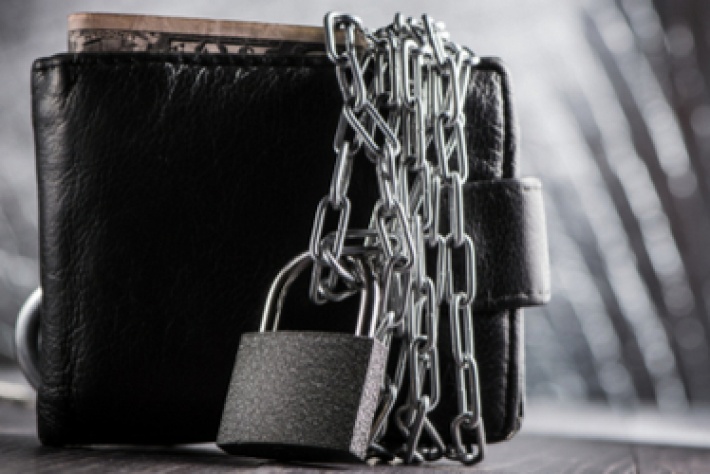Overseas customers – how to ensure you get paid and safeguard your finances

Making the decision to veer into unchartered waters can be a risky business plan, but a profitable leap if the correct due diligence, insurance and credit is taken out before jumping aboard and selling your services to overseas customers. The channels between you and your new customer now cross an international border, which brings into effect a new set of rules, regulations and standards.
When trading within the corners of the UK, steps can be taken to recover late payments from debtors which you may be familiar with. These rules are not binding for overseas companies, so there are a few steps that you need to take in order to safeguard your finances and ensure you get paid.
Learn your incoterms
Incoterms, also known as International Commercial Terms, are internationally recognised trading terms which are used in commercial transactions between buyers and sellers. By using incoterms, you can avoid ambiguity or misunderstanding when negotiating and making agreements. This ensures that both parties fully understand the agreement that they are making.
Use different payment methods
By requesting prior payment, you can guarantee that the customer is serious about paying for your services. However, this may mean that the customer would have to take the risk of non-delivery, making them less inclined to do business with you without security in place.
Familiarise yourself with the standard payment terms of the recipient country in order to draw a comparison with UK terms. This may be longer or shorter than the UK, giving you an idea towards implementing flexible or firmer payment terms.
Letter of credit: This is a payment guarantee that the buyer’s payment will be delivered by the agreed due date. If the buyer is unable to make payment, the bank is required to cover the costs and pay the seller. A letter of credit is typically used when trading overseas as it ensures that you get paid on time, for the correct amount, protecting your finances when dealing internationally.
Bill of Exchange: This is a note which binds one party to pay another party by an agreed date, or on demand.
Take out Export Insurance
Export insurance is typically taken out to protect the fulfilment of import export contracts, non-payment and contract disputes. UK Export Finance is UK’s official export credit agency and a government department which works alongside the Department for International Trade. They offer government supported insurance, such as credit insurance and overseas investment insurance.
Credit Insurance: In the event that the customer becomes insolvent or fails to his debts, non-payment under the contract is protected. This transfers the risk from your business to the insurance provider, safeguarding your business from potential bad debt.
Overseas Investment Insurance: This protects exporters from trading restrictions against certain countries due to international law or political risks, such as war. In some cases, you are able to recover 90 per cent of the loss value.
Protecting against exchange rate
The exchange rate between two currencies may fluctuate between deal negotiation and sale completion. By agreeing the final price in sterling or the foreign currency, you are able to ensure you are paid the amount expected, without the risk of changing interest rates.
A hedge can also be used to protect against rising and falling interest rates, eliminating foreign exchange risk. You are able to agree to an exchange risk in advance, safeguarding your finances from an unexpected rise or fall in interest rates.
Funding for international trade
Trade Finance is typically used when trading overseas to remove supply chain and payment risk. Once an order has been confirmed, the lender will pay the finance to your business, allowing you to bridge the gap between confirmation of the sale and payment. The funds can be used to purchase stock to fulfil the order, saving you from being out of pocket until the customer makes payment.
Trading overseas and establishing a customer base outside of the UK can be challenging as you will be required to enhance protection against your finances. The overseas country may have a different set of tax and legal obligations, so you will be required to check how these fall in line with UK regulations.
At Handpicked Accountants, we have longstanding relationships with accountants across the country, specialising in financial legislation for internationally trading business. They will be able to advise you on how to safeguard your finances when trading overseas, including the relevant protections to take out ahead of this. Get in touch with a member of the team and we’ll put you in contact with a trusted and reliable accountant near you.


